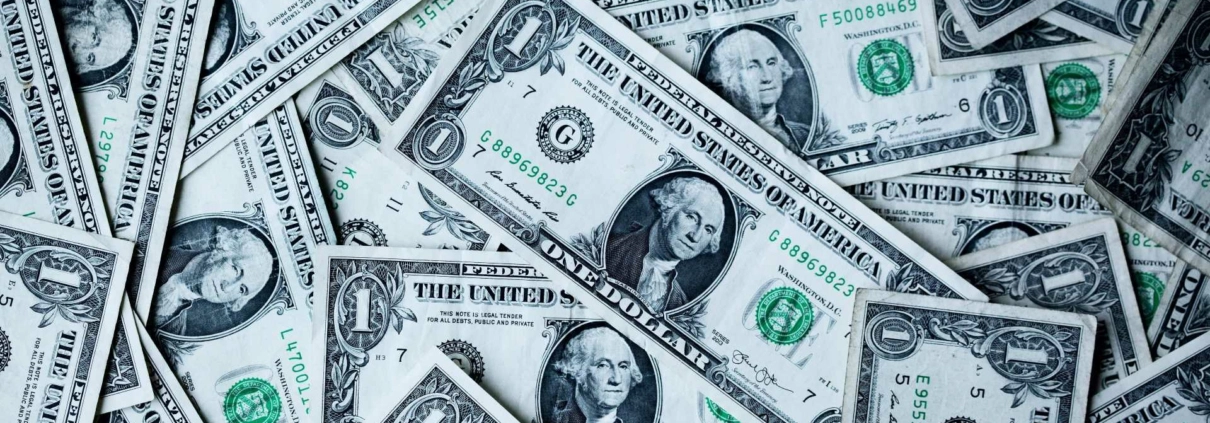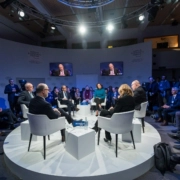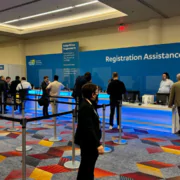Monetize Your Virtual Event: How To Use Recorded Content
Virtual events are a gold mine when it comes to recorded content…because everything created during the event is content. From workshops to presentation to podcasts, all these recorded events can be used to bring in revenue. Consider this – all these presentations relay some piece or string of relevant and useful information participants can use in their fields of work, and so because of demand from interest in these particular topics, these information-filled videos can be potentially used for monetization.
Traditional content usually refers to written work, which can still be monetized, however virtual events go beyond downloadable documents. For the most part, the monetizable content from a virtual event is going to be video produced for the show. This recorded content can be used in different ways, from free streaming off of a YouTube channel, to paid content sitting behind a paywall on Vimeo, or even through hosting platform that is played during a conference via VIP access. But, how do you decide where to put this recorded content and how do you use this recorded content?
Use content to advertise for the long term, like TED
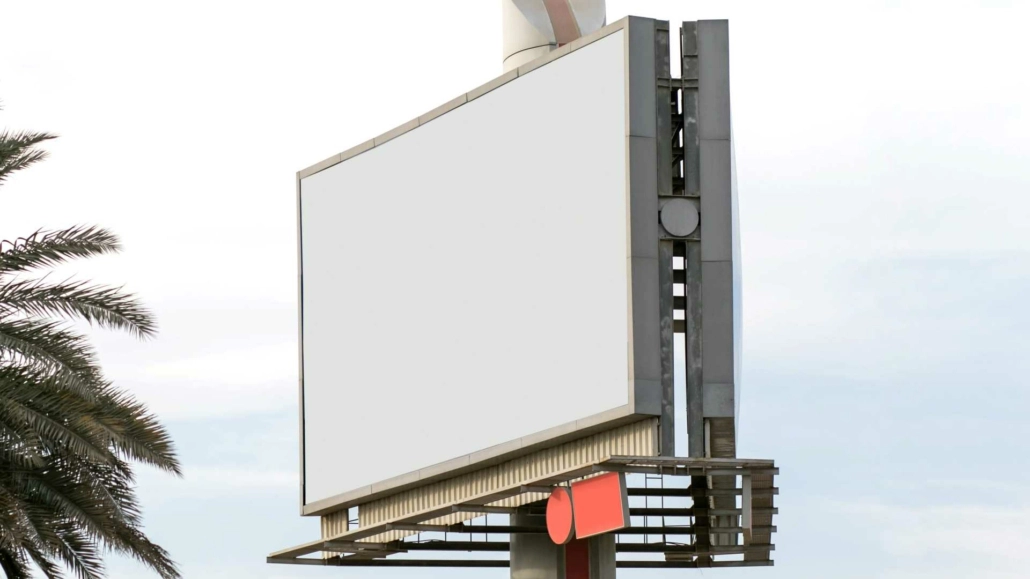
One way to use your recorded content is to pick the material you want to market your next event with and make it freely accessible. Whether you use YouTube, Vimeo, Facebook Live, etc., these videos could be strictly used for marketing purposes; they’re already produced content and can be used to draw attention to your event by showcasing relevant information that targets the market you want to attract, while at the same time giving your marketing budget a much needed monetary break. If you already have an existing channel for your event, you can definitely bolster your existing playlists with newer, updated material which could regenerate interest amongst your subscribers.
Become your own Netflix, sell subscriptions
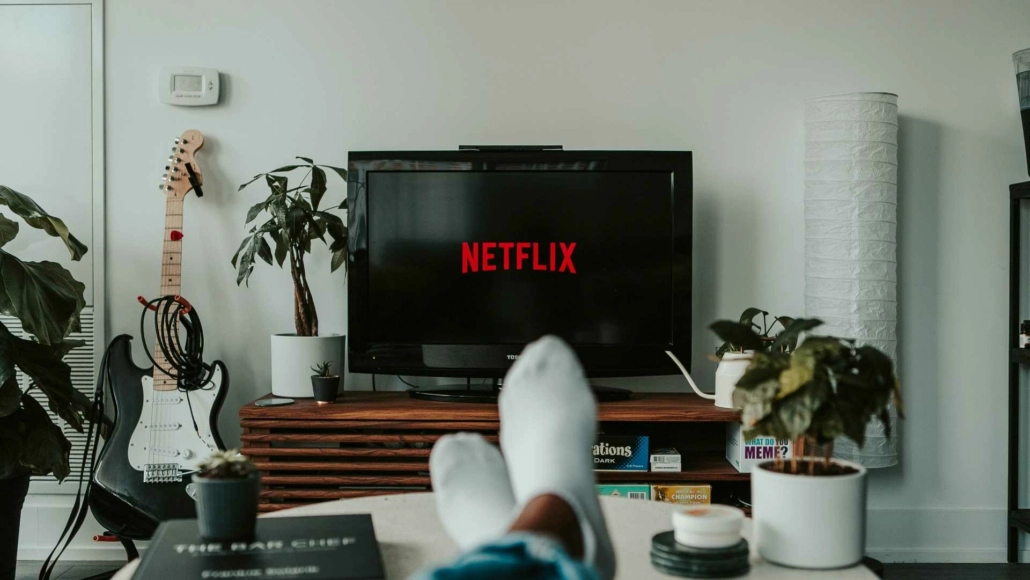
Other higher-quality content could be used for monetization by being accessible from behind a paywall. For example, you can use a video service like Vimeo to create a paid subscription-based channel about the event or the topic the event covers. B2B companies already use paywalls for exclusive access to their content. For virtual events, by charging for exclusive access to quality recorded content, you can build a following comprised of monthly or annually subscribed viewers who are interested in the topics presented in the videos, but who are also potential show attendees that could be introduced to or reminded of upcoming events through the channel.
Market and sell exclusive access to VIPs
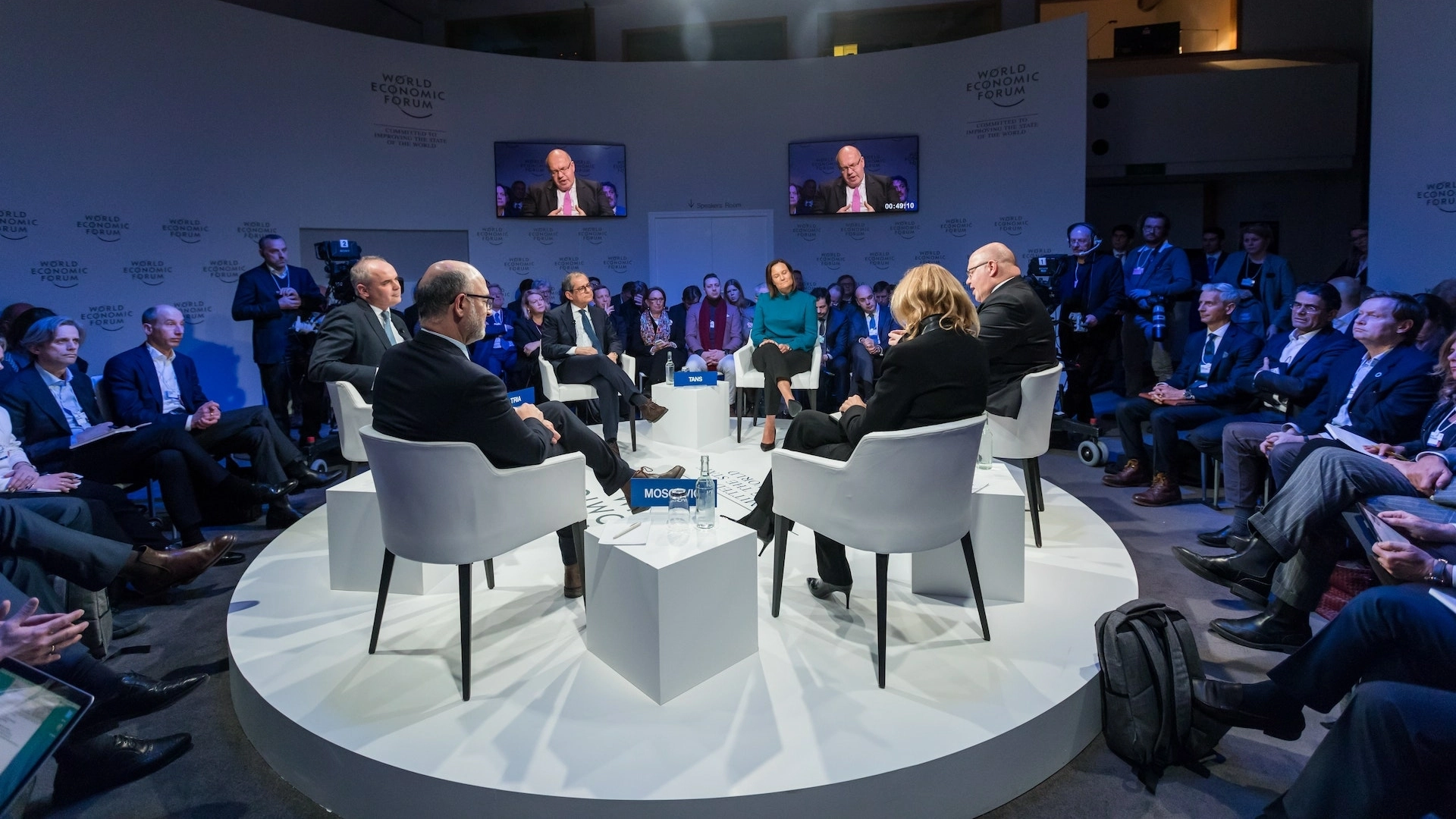
A third way to use this content is to promote it during or after the conference as a VIP feature. The content could be a very specific industry topic, or the speaker could be a notable industry figure that could draw an audience willing to pay to watch them speak. For example, CIOs of this world might be interested in a roundtable of their peers discussing cybersecurity in IoT, or ambitious future CEOs would also be willing to pay a VIP fee for an exclusive speech by Elon Musk or Mark Zuckerberg. As to where these VIP events could be watched from, since most virtual conferences already use a specific platform for their video presentations, the VIP events could be held from within the conference app or platform.
With the recent demand for virtual conferences, it’s important to rethink how we create new streams of revenue and since the content is already created, monetizing it should be the next logical step. We can help you flesh out monetisation strategies for your next event, ask for a consult.

